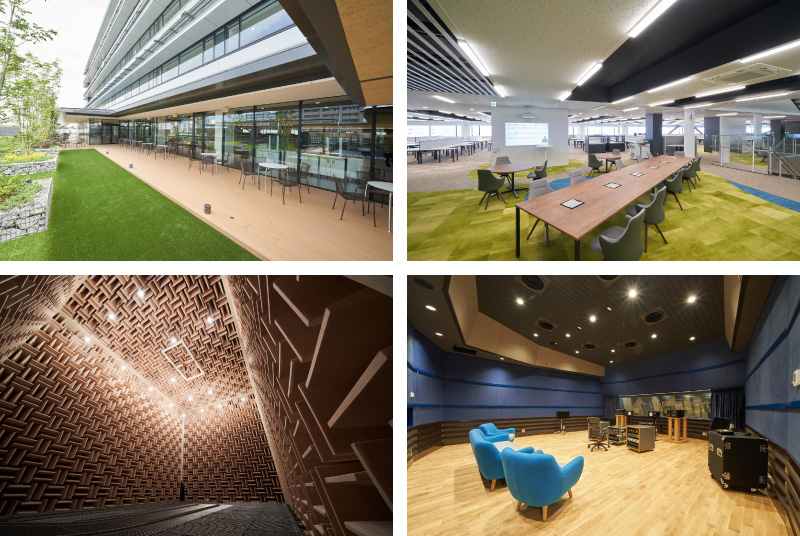Technology & Design
![[Main visual] COMBINING PROPRIETARY TECHNOLOGIES WITH RICH SENSIBILITIES TO CREATE NEW VALUE AND JOY](/en/tech-design/images/main_image_wave_sp.jpg)
Unique Value Creation

We have inherited craftspeople capabilities, sensibilities and sound creation passed down over multiple generations across the long history of Yamaha. We combine various technologies developed from the starting point of sound and music with this rich feeling to pursue heart-trembling experiences that only Yamaha can deliver.
Research and Development

Sound and music are a vital part of the “Well-Being of People,” and are enjoyed and used in a variety of ways. To create new value by combining technologies and sensibilities, Yamaha's Research & Development Division conducts cutting-edge research and development in three main areas of “people,” “things” and bringing “people” and “things” together.
Design

Yamaha’s design department was established in 1963. At the time, it was rare for a Japanese company to have dedicated design functions. Since then, we have wholeheartedly explored “Yamaha’s unique flair” and continue to create new value through innovative designs that respect fundamental qualities.

The "Innovation Center" is a center
for creating new innovations
The Innovation Center is a new R&D center completed in June 2018. It is a place where professionals from a variety of specialized fields come together to work. Here, interaction among engineers is fostered on a daily basis and cutting-edge technologies and ideas continue to develop.
